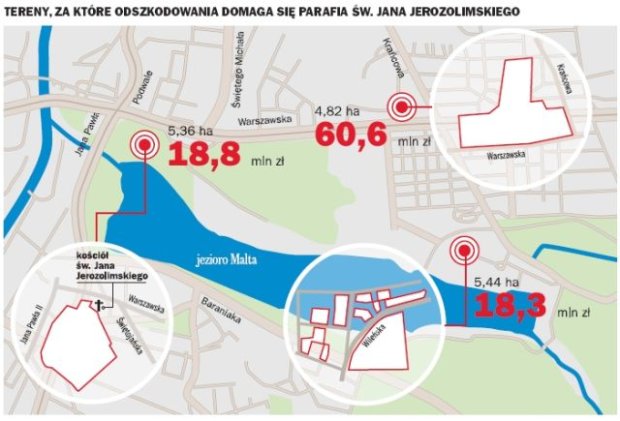Genealogy /
Jerzy Skublicki- his sons Tomas and Pawel [10]
I would like to help but your post is quite vague since it is lacking important details, such as dates, from which the age of the Jerzy's sons could be inferred. Fortunately you were more specific in your other post, 10 years ago, to a certain genealogy site: genealogytoday.com/genealogy/research_query.mv?ID=21213, on 2002-05-02 :
Looking for two brothers who live in Poland.
So - combining the information from these two posts:
You are looking for two middle age men, approximately 41-44 years old originally from Krosno, Poland. (not Krakow)
Their names are: Paweł (spelled with £, L with stroke) and Tomasz Skublicki - so not Povo, not Tomas, and not Pawel.
Their father, Jerzy, known as Jerry in USA, a Polish national tennis table champion, died in car accident in October 1975, presumably in USA.
Googling "Jerzy Skublicki" Krosno: Several positive hits come along, confirming the data. One of them is his photo and a short bio note in Polish:
JERZY SKUBLICKI (1937-1975) table tennis, club: Karpaty Krosno. Greatest successes: Poland Championships - Gold medal (in mix) 1971, two Silver Medals (solo in 1964 and in doubles in 1966) and four Bronze Medals (one in singles and three in doubles). Ranked 7th in the poll in 1963, 6th in 1964 and 66, 5th in 1965, 9th in 1967.
nowiny24.pl/apps/pbcs.dll/gallery?Site=nw&Date=20091130&Category=plebiscytsportowy&ArtNo=812979571&Ref=ph&Params=Itemnr=42
The next step is to check the distribution of the surname "Skublicki" in Poland. There are 29 people of that name in Poland, and most of them - 16 - live in Krosno. Good sign. moikrewni.pl/mapa/kompletny/skublicki.html.
Googling "Tomasz Skublicki" Krosno brings some result but it looks like that that Tomasz is too young - 22-27 years old. Not the one you seek.
Googling "Paweł Skublicki" Krosno, brings some genealogy record, which looks more or less like this in translation (and after some data massaging):
Magdalena Reiss (1972-11-27), graduated from the Foreign Trade Faculty at the University of Economics in Kraków. She married Paweł Skublicki of Krosno, a graduate of the Faculty of Veterinary Medicine, Medical University of Lublin. The Skublickis have a son, Konrad (born 2000-02-10). They live in Legionowo near Warszawa (Warsaw). Magdalena works for U.S. company, "Delphi" and Paweł works for the Ministry of Health in Warsaw.
piotrowscy2006.republika.pl/exodus-k.html
So if Magdalena is 40 years old then she would be a good partner for somebody aged 41-44.
This Paweł Skublicki is a veterinarian and he works for the government.
Further search reveals mode details:
He actually works for "Główny Inspectorat Weterynarii" (Main Veterinary Inspectorate), Warsaw. He is listed as a contact to several international programs, such as this:
EUROPEAN COMMISSION. HEALTH & CONSUMER PROTECTION DIRECTORATE-GENERAL
Unit 04 - Veterinary Control Programmes
Programmes for the eradication and monitoring of animal diseases, of certain T5Es and for the prevention of zoonoses. Monitoring and eradication programme of TSEs. Poland
contact: lek. wet. Pawel Skublicki (as of 2006-05-31)
pawel.skublicki@wetgiw.gov.pl
ec.europa.eu/food/animal/diseases/eradication/programme2007/2007_tse_pl.pdf
The link also provides his work's fax and telephone numbers, but you may want to start with the email first. I hope this is the person you are searching for. Good luck.

